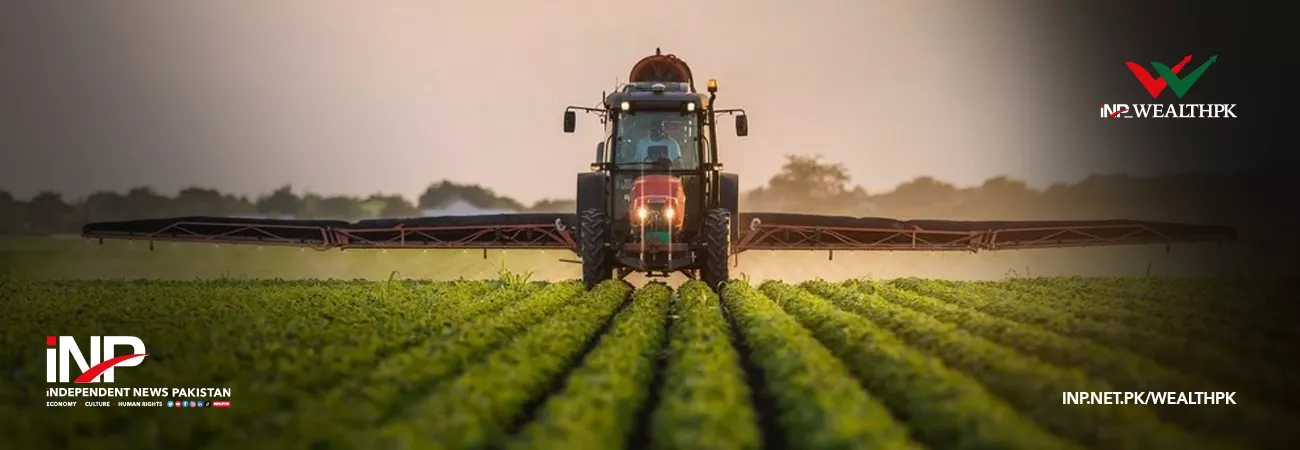INP-WealthPk
Arooj Zulfiqar
The poor infrastructure and related challenges have been hindering the development of agriculture and sustained economic growth in Pakistan, WealthPK reports. Muhammad Asif, a scientific officer at the National Agriculture Research Centre (NARC), told WealthPK that the agriculture sector played a vital role in the national economy as Pakistan was an agricultural country. He said that agriculture was responsible for a significant portion of the country’s GDP.
“However, the sector is facing numerous challenges, including poor infrastructure, which hinder its growth and development,” he said. Muhammad Asif said that poor infrastructure, such as limited access to roads, bridges and irrigation systems, made it difficult for farmers to transport their yield to market and obtain the necessary inputs for agriculture. It led to inefficiencies and reduced productivity, which in turn affected the overall competitiveness of the agricultural sector.
“Additionally, poor storage facilities often result in post-harvest losses, further reducing the profitability of agriculture,” he said. The expert said that another major challenge was limited access to credit, which restricted the ability of farmers to invest in their operations and adopt new technologies. “The lack of investment leads to outdated farming methods, low yield and increased vulnerability to environmental and economic shocks,” he added.
He said that the lack of access to education and extension services also limited the ability of farmers to adopt new practices and improve their productivity. “The inadequate and unreliable supply of electricity and energy also has hindered the development of the agricultural sector. Farmers often had to rely on expensive and unreliable energy sources such as diesel-powered generators, which increased their operating costs and reduced their competitiveness,” said Muhammad Asif.
He said that limited access to market information and price transparency also negatively impacted the agricultural sector in the country. Without access to real-time market information, farmers cannot make good decisions about what crops to plant and when to sell their products, leading to missed opportunities and reduced income.
Pakistan has the potential to be a leading agriculture-based economy in the world with its fertile land and vast resources, but it needs to overcome the challenges faced by the agriculture sector. “Addressing these issues through targeted investment in infrastructure, education and extension services besides market information systems is essential for the continued growth and development of the country’s agricultural sector,” said the scientific officer.
To improve infrastructure for agriculture and sustain economic growth in Pakistan, the government needs to invest in modernising and upgrading transportation and storage facilities. The development of more roads, bridges and airports to connect rural areas to urban markets is necessary for the growth of the agriculture sector.
The government should also focus on building and upgrading irrigation systems, power plants and communication networks to provide stable access to resources. “To ensure that these investments benefit the majority of the population, the government should also provide training opportunities and financial incentives to farmers and owners of small businesses to help them adopt modern technologies and innovative practices,” Muhammad Asif told WealthPK.
Credit: Independent News Pakistan-WealthPk




